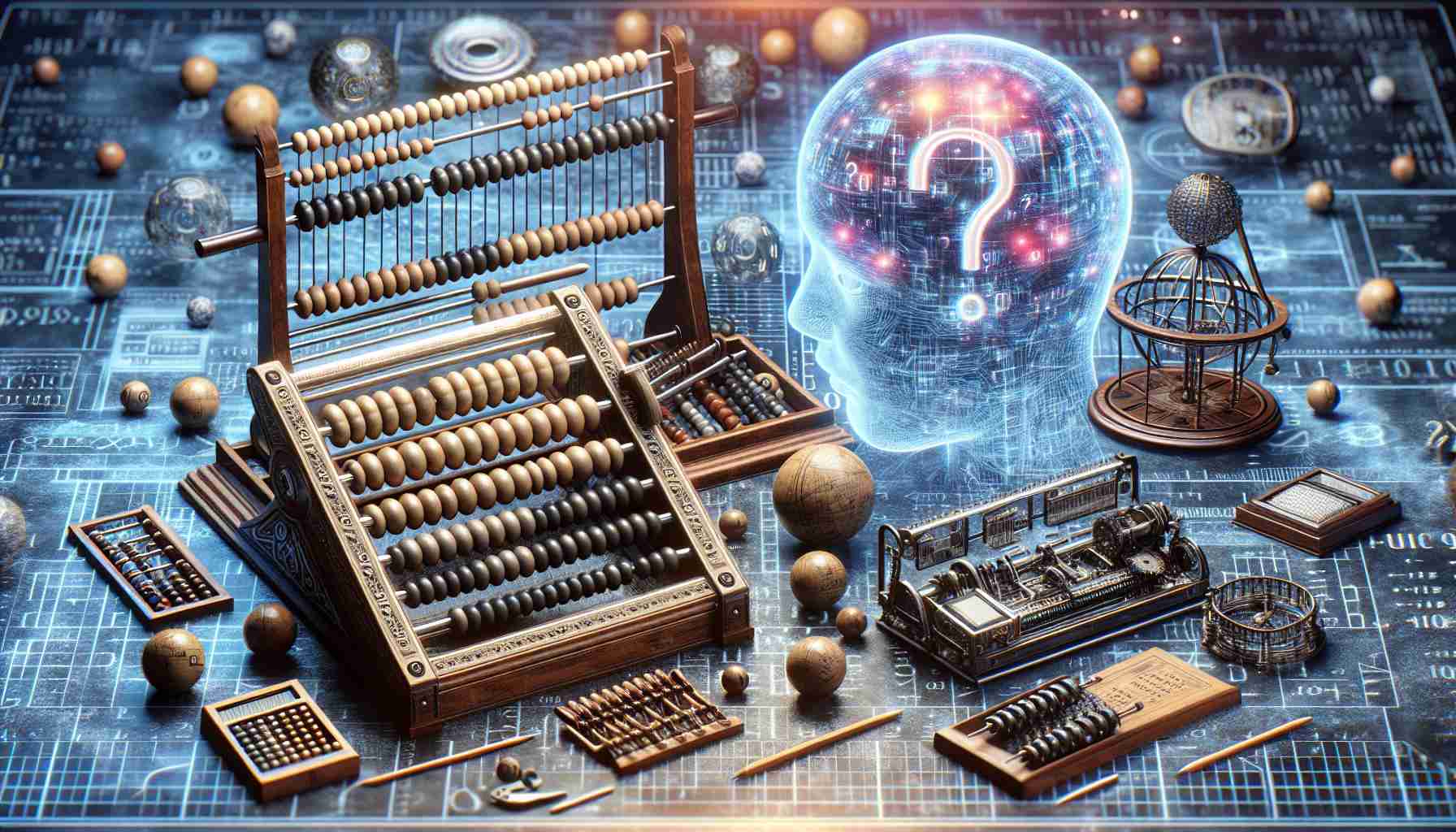The journey of artificial intelligence (AI) may seem like a product of the 21st century, but did you know its roots stretch back much further? The foundation for AI was laid more than half a century ago, entwining with the rise of computing itself.
The official birth of AI is often credited to the Dartmouth Conference in the summer of 1956. It was at this historic meeting that a group of visionary computer scientists, including John McCarthy, Marvin Minsky, Nathaniel Rochester, and Claude Shannon, came together to discuss the concept of “artificial intelligence.” Here, the term “AI” was coined, marking a pivotal moment in the history of computer science. The goal was to explore the premise that “every aspect of learning or any other feature of intelligence can in principle be so precisely described that a machine can be made to simulate it.”
However, the dream of intelligent machines predates the Dartmouth Conference. Alan Turing, often heralded as the father of computer science, speculated about the potential of machines simulating human intelligence in his seminal 1950 paper, “Computing Machinery and Intelligence.” In this work, he introduced the Turing Test, a theoretical framework still used today to assess a machine’s ability to exhibit intelligent behavior indistinguishable from that of a human.
Since these early milestones, AI has evolved from abstract theory to a transformative technology influencing all facets of modern life, from healthcare to transportation. Understanding the origins of AI not only highlights our technological advancements but also showcases how far we have come in making machines truly “intelligent.”
The Unexpected Side of AI: How Early Beginnings Shape Today’s World
The roots of artificial intelligence stretch back more than half a century, entwining with the rise of computing itself. Beyond these historical milestones lies a profound impact on societies and economies. But how exactly are these influences felt in daily life?
AI in Everyday Life
From smartphones to smart cities, AI plays a pivotal role in enhancing the efficiency and quality of life. It optimizes public services, like traffic management, reducing commute times and lowering carbon emissions. AI-driven healthcare solutions have revolutionized diagnostics and patient care, leading to early disease detection and personalized treatment plans.
Economic Transformations
AI’s economic impact is undeniable, fostering innovation and creating new industries while simultaneously disrupting traditional job markets. Many routine tasks have been automated, pushing workers to acquire new skills and adapt to changing labor demands. As AI technology continues to advance, questions arise about the balance between automation and employment. How will economies adapt, and what policies are needed to safeguard jobs?
Controversies and Ethical Dilemmas
With great power comes ethical concerns. Issues like privacy invasion, decision-making transparency, and biases in AI systems spark debates worldwide. How can societies ensure AI systems are designed and used responsibly? Policymakers and tech companies must collaborate to create frameworks that address these challenges effectively.
When Did AI Truly Begin?
While the Dartmouth Conference of 1956 marked AI’s official birth, speculative ideas from minds like Alan Turing catalyzed its inception. This hints at a broader, timeless quest for artificial intelligence that captivates humanity to this day.
For further exploration of AI, visit IBM or Turing.








